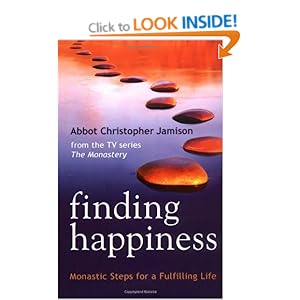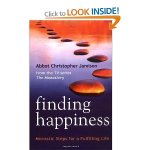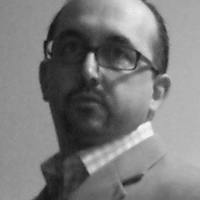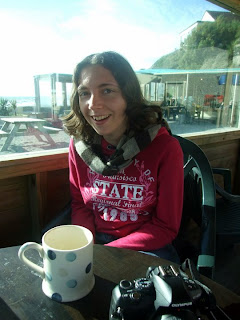
|
 |
| Deborah Walton Deborah Walton is leader of City Lights, the ChaplaincyPlus work amongst young adults. ChaplaincyPlus is a Birmingham based Christian charity that offers support, encouragement and resources to those working in the professional and commercial sectors in Birmingham City Centre. Before this, Deborah spent 20 years in legal practice in both London and Birmingham having been called to the Bar in 1991 and then qualifying as a Solicitor in 1997. Deborah lives in Wolverhampton with her husband Peter and 13 year old son Caleb.
In addition to her work with ChaplaincyPlus City Lights, she is secretary to the Birmingham Lawyers Christian Fellowship and is also a volunteer member of the Transforming Church Co-ordinator’s Team in the Birmingham Diocese. Deborah is a member of Birmingham Cathedral Chapter and is active in the life of her local Church leading a home group and being involved with pastoral care.
|












